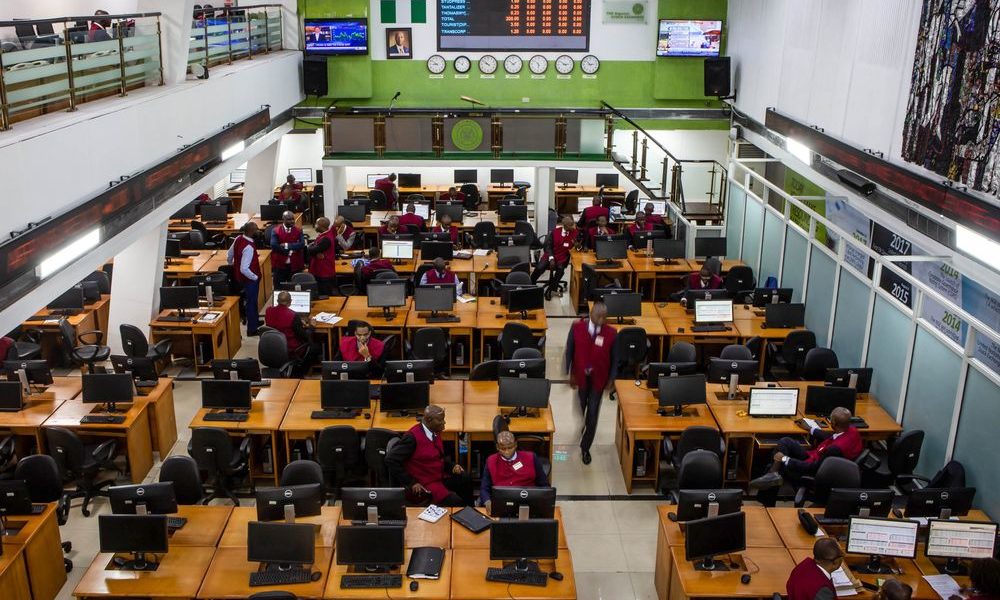Nigerian Exchange Limited
Nigerian Exchange Suffers as Foreign Investment Drops 19% in April

The Nigerian Exchange Limited (NGX) experienced a significant downturn in April with foreign investment inflows dropping by 19.14% month-on-month to N42.58 billion from N52.66 billion in March.
This decline reflects the waning confidence of foreign investors in the local equity market, despite the government’s ongoing efforts to stabilize the economy.
According to the Domestic & Foreign Portfolio Investment Report released by NGX, the decrease in foreign inflows has been accompanied by a dramatic rise in foreign outflows, which surged by 88.10% to N78.25 billion from N41.60 billion in March.
This sharp increase underscores the persistent low appetite of foreign investors for Nigerian equities, a trend that has been evident since the beginning of the year.
Foreign outflows have steadily risen from N37.33 billion in January to N40.88 billion in February, indicating a growing concern over the market’s volatility and economic stability.
The combined foreign transactions on the NGX showed an overall increase of 28.19% to N120.83 billion in April, up from N94.26 billion in the previous month.
However, this uptick was not enough to offset the bearish trend that dominated the market, leading to a loss of approximately N3.54 trillion.
Investors have been shifting their focus towards alternative markets that offer better yields and more stability.
Compounding the situation is the impending settlement of $1.30 billion worth of cleared USD/naira-settled non-deliverable forwards (NDF) contracts on the FMDQ securities.
These contracts, set to mature on Wednesday, could put additional pressure on the already strained naira.
Cleared naira-settled NDFs are agreements where parties commit to an exchange rate for a future date without the obligation to deliver the actual US dollar upon settlement.
Instead, the contracts are cash-settled in naira, with the settlement amount determined by the differential between the contract rate and the Nigerian Autonomous Foreign Exchange Fixing rate at maturity.
Financial market analyst Olaide Baanu highlighted the potential impact of this settlement, stating, “The settlement of $1.3 billion implies a cash payment of approximately N1.8 trillion from the Central Bank of Nigeria (CBN) based on the NAFEX rate of around N1,400/dollar. Such a significant cash outflow is likely to lead to further depreciation of the naira beyond the CBN’s target or desired range.”
The CBN may face challenges in managing the liquidity impact of this large payment. Baanu suggested that the central bank might need to intervene in the foreign exchange market to stabilize the naira’s value, possibly through measures to lower the official exchange rate or by issuing promissory notes to prevent excessive naira circulation at once.
Despite efforts to bolster non-oil revenues, the Nigerian economy remains heavily dependent on oil, which accounts for about 90% of the national budget.
The market’s recent performance reflects the urgent need for diversified revenue sources and more robust economic reforms to restore investor confidence and stabilize the currency.
The ongoing economic challenges underscore the importance of effective policy implementation and transparent governance to attract and retain foreign investment.
As the NGX navigates this turbulent period, stakeholders are closely watching for signs of stability and growth that could reignite investor interest in the Nigerian market.